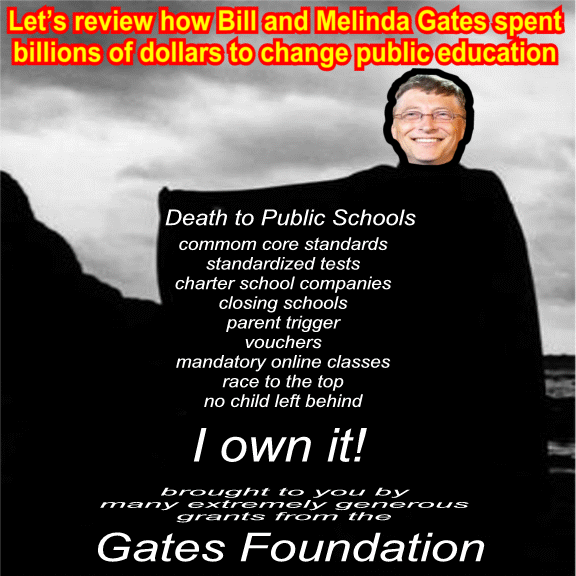SACRAMENTO—Even through the challenges of remote learning and the COVID-19 pandemic, California teachers continue to find ways to bring out the curiosity, excellence, critical thinking, and problem-solving abilities in students. Today, State Superintendent of Public Instruction Tony Thurmond honored six exceptional mathematics and science teachers, naming them as finalists from California for the 2021 Presidential Awards for Excellence in Mathematics and Science Teaching (PAEMST).
“This has been a year full of significant challenges for students—personal, economic, and social. The teachers recognized today are giving their students the tools to help them tackle difficulties, find creative solutions, ask questions, and be the problem-solvers we need for the challenges of tomorrow,” Thurmond said. “These incredible educational mentors are driving preparation in math, technology, engineering, and science, including computer science, that connect students with the world around them and help them grow their skills to persevere in any endeavor.”
The California Department of Education (CDE) partners with the California Mathematics Council and the California Association of Science Educators to recruit and select nominees for the PAEMST program. Each applicant must display subject mastery, appropriate use of instructional methods and strategies, lifelong learning, and leadership in education outside the classroom. Each candidate is also required to submit a 30-minute video lesson in support of their application.
Mathematics Finalists
Kristen Donovan, Woodbridge High School, Irvine Unified School District, Irvine
Kristen has been teaching for 13 years and has had experience teaching Math II, Enhanced Math II, Enhanced Math III, Advanced Placement Calculus BC, and Math Foundations. Kristen previously worked as a Teacher on Special Assignment, where she built relationships with secondary math teachers across the district and led district math teams in creating new math classes, implementing integrated math courses, and reexamining high school grading practices. She also mentored teacher candidates and two early career teachers. Kristen is a National Board-Certified Teacher and has presented at the California Mathematics Council—South Conference as well as the annual National Council of Teachers of Mathematics Conference in Washington, District of Columbia in 2018. The lesson Kristen taught in her Enhanced Math III Honors class was on students discovering the relationship between Cartesian graphs and their corresponding polar graphs.
Maria Garcia, Richard Henry Dana Middle School, Wiseburn School District, Hawthorne
Maria is a grade eight Algebra I teacher. She has been teaching for 20 years and is currently the Math Department Chair. Maria was a previous California PAEMST State Finalist in 2019. The lesson Maria submitted helped students discover patterns in quadratics leading to conceptual understanding of completing the square. In addition to her teaching schedule, she hosts Math Saturday Events for parents and students. Maria has created the Girls Who Code Club at her school and has led the Mommy and Me coding event. She also launched a Hack-a-Challenge in which students from grades five through twelve came together to work on building/creating a robot that could successfully clean the surrounding beaches in the community.
Stephanie Paris, Granada Hills Charter High School, Los Angeles Unified School District, Granada Hills
Stephanie has been teaching for six years. The lesson Stephanie submitted for her Algebra I class explored exponential functions and examined patterns of growth and decay. She is a Master Teacher Fellow with Math for America, Los Angeles. As a Fellow, she has provided professional learning to teachers across the district and state. She mentored student teachers and helped teachers develop Project Based Learning units. Stephanie also co-taught classes with a science teacher who helped create interdisciplinary projects that connected mathematics and science, specifically Algebra I and Physics. During 2020, she facilitated two professional learning courses where she helped teachers create virtual math lessons and build community relationships during distance learning.
Science Finalists
Garrett Lim, Walnut High School, Walnut Valley Unified School District, Walnut
Garrett has been teaching for 14 years. He helped develop and currently teaches the school’s first-ever International Baccalaureate Higher Level Chemistry course. Garrett was part of a district committee tasked with brainstorming how the Common Core curriculum could be implemented and integrated within the science classroom. The topic of his lesson was how different materials have different specific heat capacities and its relationship to how they feel.
Catherine Messenger, Los Gatos High School, Los Gatos-Saratoga Union High School District, Los Gatos
Catherine teaches Advanced Placement (AP) Biology along with a Science, Technology, Engineering, and Mathematics Research class. She has been teaching for 15 years. She was the Science Department Chair from 2015–2020. Previously, she also led the Los Gatos High School team participating in a multi-school program to launch a corrosion of iron experiment to the International Space Station. Catherine also shared advanced science research curriculum with San Francisco Bay Area teachers. The topic of her lesson focused on the properties of carbon and water.
Zachary Moore, Laguna Blanca School, Hope Elementary School District, Santa Barbara
Zachary has been teaching for 22 years and also teaches Physical Science, AP Physics C: Mechanics, Introductory Engineering, and Advanced Engineering. Zachary was a recipient of the Fulbright Distinguished Award in Teaching as a Science, Technology, Engineering, and Mathematics (STEM) Integration Specialist in 2019. As the early kindergarten through grade twelve STEM Coordinator, he developed the middle/upper school elective sequence in computer science, engineering, and robotics, which also integrated 3D printers, computer automated drawings, Arduino processors, and design thinking through professional development for fellow faculty. The topic for his lesson served as an introduction to the energy unit and contextualizes personal power usage.
For more information, visit the CDE Presidential Awards for Math and Science Teaching web page or the PAEMST website .
.# # # #
Tony Thurmond — State Superintendent of Public Instruction
Communications Division, Room 5602, 916-319-0818, Fax 916-319-0100
































